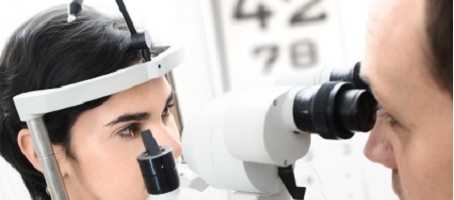Bursts of six seconds high intensity exercise has been shown to significantly improve blood pressure levels in the elderly, and is likely to have similar benefits for younger people.
Researchers from Abertay University in Dundee studied pensioners to see how they would respond to a form of exercise, called high intensity training (HIT), which involves very short but strenuous activity separated by resting periods.
Participants were fitted with a heart rate monitor and took to an exercise bike for a flat out six second sprint. Following the sprint, the participants rested for a minimum of 1 minute and were directed to not start another sprint until their heart rate had settled to under 120 beats per minute.
The participants took part in two high intensity training sessions a week, which was maintained over six weeks. During the initial sessions, participants performed six sprints with resting in betwee, which was steadily increased to ten sprints by the end of the six weeks study period.
Results of the training were compared to control subjects which were not taking part in high intensity training. The researchers found that those that those taking part in the six second exercise bike sprints reduced their blood pressure levels by a very encouraging 9%.
High blood pressure levels are a risk factor for heart disease, and also for increased risks of diabetes complications, therefore interventions such as high intensity activity represents a healthier alternative to blood pressure medications, which have side effects.
The researchers, which have also carried out previous studies in HIT, are now planning larger studies to confirm the benefits of the high intensity exercise. If the benefits are reflected in larger clinical studies, it could see more elderly people, as well more people in general, taking part in short bursts rather than sustained periods of exercise.
What's new on the forum? ⭐️
Get our free newsletters
Stay up to date with the latest news, research and breakthroughs.









